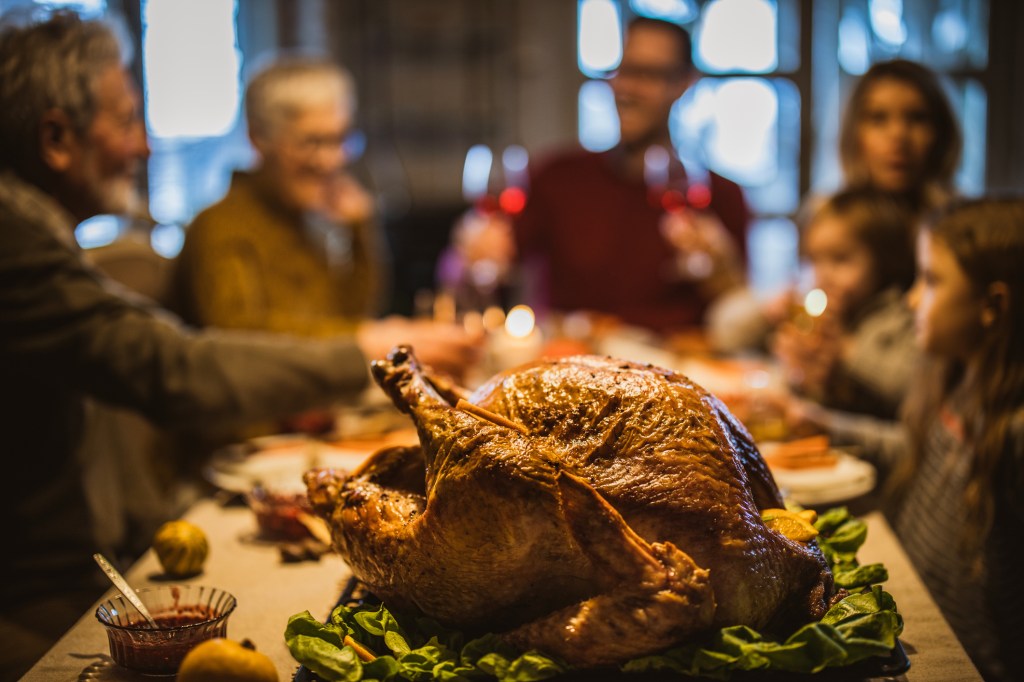One of the remarkable things about our political and cultural battles is how many of them are fought on behalf of other people.
For instance, there are plenty of Americans with deeply personal investments in the plight of Israelis or Palestinians, due to familial or historical ties. But millions of Americans have no direct personal connection. This doesn’t mean they shouldn’t care about any of it, far from it. But the fact remains: A lot of the anger, vitriol, and resentment in our country is often abstracted, symbolic, even theoretical.
Remember the 2019 brouhaha over the Covington High School students outside the Lincoln Memorial? Some kids in red MAGA hats were surrounded and harangued by demonstrators. A game of social media Rashomon ensued, with opposing culture war combatants going into bowel-stewing rage. A writer for Vox dubbed it, not implausibly, “the nation’s biggest story.”
The fact that demonstrators and counter-demonstrators have been yelling at each other for centuries, if not millennia, and that 99 percent of the people setting their hair on fire about it had no direct ties to the event seemed not to matter. America is full of people getting furious on behalf of other people.
To be fair this is not new, but thanks to social media and cable news, what were once occasional flare-ups are now almost daily grist for a whole outrage industry, eager for opportunities to tell us why we should be full of resentment and anger about things that directly affect us very little, if at all.
It’s not all symbolic. Many of our educational and cultural institutions are philosophically committed to fomenting grievance and entitlement. Lawyers constantly advertise for people to monetize their misfortunes. On the left and the right, we ask people to focus on their resentments. Our fiscal house is in shambles in part because we have normalized the belief that people are owed more than what they pay in taxes. Schools increasingly organize students by victimhood. The leading Republican candidate for president vows “retribution” against the “vermin” who have slighted him and therefore “you.”
Regardless, maybe this Thanksgiving everyone can take a break and concentrate on the good things in their lives? If only for a day? Thanksgiving is a day to “touch grass” and take stock.
Because it’s almost impossible to commercialize, unlike the holidays it’s sandwiched between, Thanksgiving commands less and less space in our culture and our hearts. We switch seamlessly from Halloween candy displays and horror marathons to tinsel and endless replays of Love Actually and Elf.
Thanksgiving is my favorite holiday because, with roots that predate the founding and a rationale rooted in Providence, Thanksgiving is the only holiday that asks people to do among the simplest—albeit sometimes difficult—and most important things they can do: count their blessings and express gratitude for them. Everyone has something to be thankful for, starting with the fact they’re alive (and contrary to the gripers, this is actually a very good time to be alive and a wonderful country to live in). As Irving Berlin says, “Got no checkbooks, got no banks. Still I’d like to express my thanks. I’ve got the sun in the mornin’ and the moon at night.”
But most of us have reasons for gratitude beyond merely drawing breath. As Epicurus observed, “Do not spoil what you have by desiring what you have not; remember that what you now have was once among the things you only hoped for.” Envy for what you don’t have or resentment for what you think others don’t deserve poisons the soul. Gratitude for what you do have opens the heart. These things aren’t simply material, they’re the people in your lives and the memories you’ve shared. “Let us be grateful to the people who make us happy,” Proust advises, for “they are the charming gardeners who make our souls blossom.”
The same goes for the people who made us happy. The family I grew up in is all gone, my mother being the last to go shortly before last Thanksgiving. I still grieve for the parents and brother I’ve lost, but Thanksgiving is the best time of year to dwell on the memories that make me grateful for them.
I detest the annual advice columns on how to argue with, or “handle” family members at Thanksgiving because the premise is that the fights that dominate our “national conversation” are so important they deserve a place at the Thanksgiving table. They don’t. There are opportunities aplenty to get angry the other 364 days of the year.







Please note that we at The Dispatch hold ourselves, our work, and our commenters to a higher standard than other places on the internet. We welcome comments that foster genuine debate or discussion—including comments critical of us or our work—but responses that include ad hominem attacks on fellow Dispatch members or are intended to stoke fear and anger may be moderated.
With your membership, you only have the ability to comment on The Morning Dispatch articles. Consider upgrading to join the conversation everywhere.